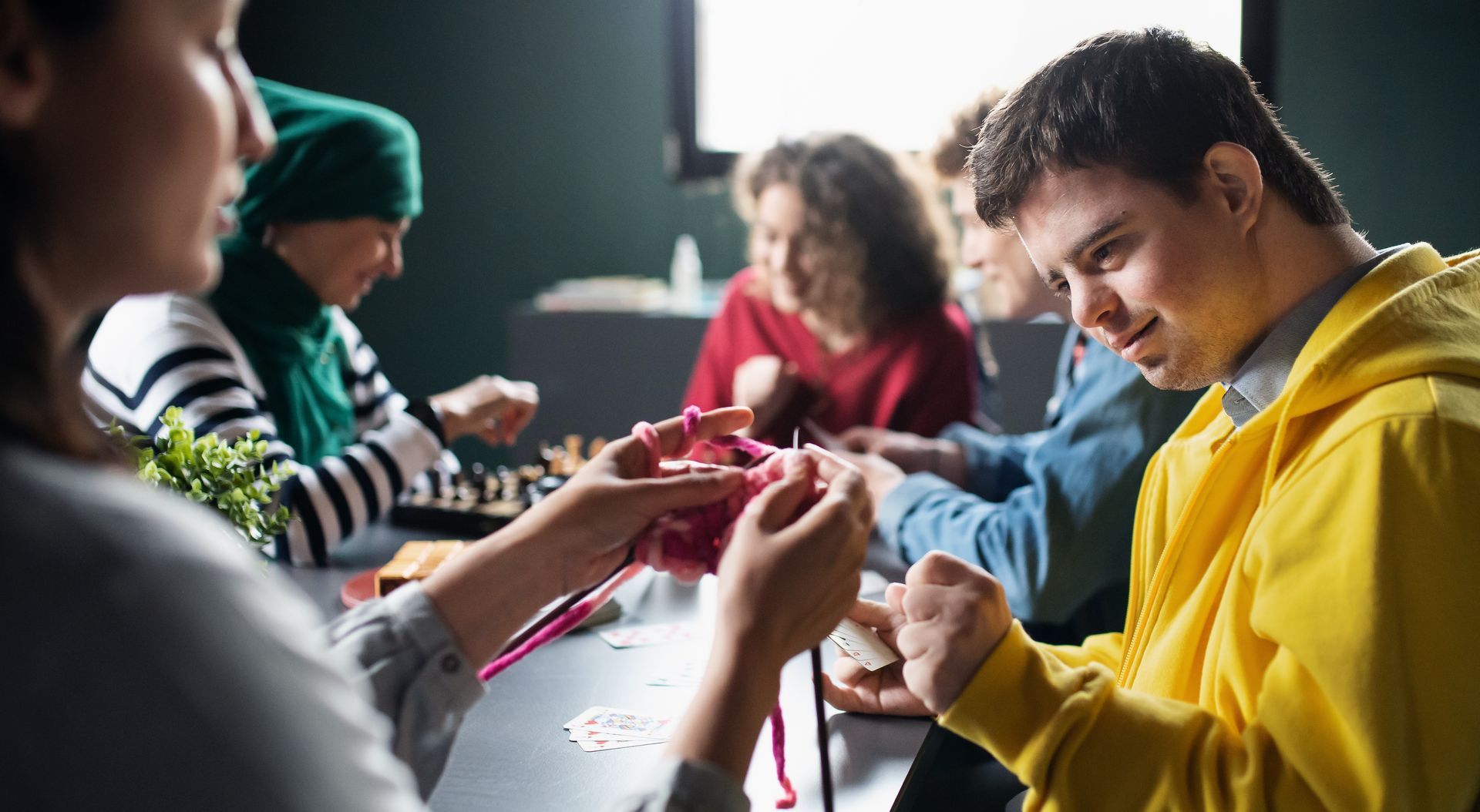The waiting game - what is the real cost of long wait times?

The Dilemma of Long Wait Lists: Impact on Clinical Diagnosis, Treatment, and Outcomes for NDIS Participants Accessing Allied Health Services in Australia
Australia's National Disability Insurance Scheme (NDIS) has been a significant step towards improving the lives of individuals with disabilities. However, the scheme has faced challenges, with one of the most pressing issues being long wait lists for accessing allied health services. This article examines the impact of these prolonged wait times on clinical diagnosis, treatment, and outcomes for participants of the NDIS in Australia.
The NDIS and Allied Health Services
The NDIS, launched in 2013, aims to provide personalized support and funding to Australians with disabilities. Allied health services, which include physiotherapy, occupational therapy, speech therapy, and psychology, play a crucial role in supporting participants by improving their physical, cognitive, and emotional well-being.
The Waiting Game
Despite the positive intentions of the NDIS, long wait lists have emerged as a major challenge for participants seeking allied health services. The wait times can range from several weeks to several months, leaving individuals without the essential interventions they require.
Clinical impacts for participants due to long wait lists
Impact on Clinical Diagnosis
Prompt and accurate clinical diagnosis is vital for individuals with disabilities. Early intervention can lead to better outcomes and improve the individual's quality of life. Current long wait lists hinder the timely assessment of participants, delaying their access to vital diagnostic evaluations. Valuable time is lost, and the window for early intervention may close, leading to potential setbacks in the individual's progress and development.
Impact on Treatment
Effective and timely treatment is key to managing disabilities and achieving the best possible outcomes. Prolonged wait times for allied health services result in delayed treatment plans, which can exacerbate the existing issues faced by NDIS participants. For example, a child with speech and language delays may experience significant delays in communication development due to extended waiting periods for speech therapy.
A lack of access to timely intervention can also lead to increased reliance on acute medical services, resulting in higher healthcare costs for both individuals and the system as a whole.
Impact on Outcomes
Delayed diagnosis and treatment can impede progress in areas such as mobility, communication, socialisation, and overall functional independence.
Prolonged waiting can cause frustration, stress, and anxiety for both the individual and their families. The emotional toll of waiting for essential services can lead to a decline in mental health, which may further impact the overall well-being of the participants.
Addressing the Issue
Recognising the critical nature of timely access to allied health services, several measures can be taken to alleviate the burden of long wait lists:
Increased Funding: Adequate funding allocation for allied health services under the NDIS is necessary to accommodate the growing demand and reduce wait times.
Workforce Expansion: Investing in the recruitment and training of allied health professionals can help meet the rising demand for services and address workforce shortages in certain regions.
Telehealth Services: Implementing telehealth services can provide participants with remote access to allied health professionals, reducing geographical barriers and easing the burden on physical facilities.
Early Intervention Focus: Prioritising early intervention services can help identify and address disabilities at an early stage, potentially reducing the need for more intensive and costly interventions later.
Long wait lists for accessing allied health services under the NDIS in Australia pose significant challenges for participants. Delayed clinical diagnosis, treatment, and outcomes can have far-reaching effects on the well-being and development of individuals with disabilities.
Impact on Funding for Participants
Long wait lists for allied health services not only affect the clinical aspects of participants' lives but also have significant implications for their funding budgets under the NDIS. The delayed access to essential services can lead to unanticipated financial burdens for both the participants and the NDIS system.
Increased Costs for Participants
As participants wait for their turn to receive allied health services, they might resort to seeking private services to fill the gap. Private services are often expensive and not covered by the NDIS, leading to out-of-pocket expenses for the participants. This can quickly deplete their allocated funding budgets, leaving limited funds available for other necessary supports and interventions.
Funding Unutilised or Misutilised
Participants might find it challenging to utilize their funding effectively during the waiting period. Funds allocated for specific allied health services may remain unused or may be used on less critical needs, temporarily patching immediate concerns. When the essential services are eventually accessed, participants may face budget constraints to cater to their ongoing needs and therapies.
Reduced Capacity to Access Other Supports
Long wait lists can significantly impact participants' ability to access other important supports available under the NDIS. For example, participants who are unable to access timely occupational therapy services might face difficulties in developing essential life skills and independence, perpetuating reliance on the NDIS system.
Increased Pressure on the NDIS Budget
The NDIS, being a government-funded scheme, allocates specific budgets for each participant based on their assessed needs. Prolonged wait times can lead to inefficiencies in service delivery, resulting in delays and increased costs for the NDIS. Additionally, the increased demand for services due to longer wait lists may require additional funding allocation to meet the growing needs of participants, straining the overall NDIS budget.
Addressing Funding Challenges
To mitigate the impact on funding budgets for participants accessing allied health services under the NDIS, several strategies can be implemented:
Transparent Communication: Regular and transparent communication with participants about the status of their services and expected wait times can help them plan their budgets accordingly.
Provisional Funding: Exploring the possibility of providing provisional funding for essential services during the waiting period can help participants access necessary supports without compromising their overall budgets.
Prioritisation of Urgent Cases: Implementing a system that prioritizes urgent and critical cases can ensure that individuals with pressing needs receive services without extended waiting periods.
Reviewing Funding Models: Continuous evaluation and improvement of funding models can help identify areas where adjustments are needed to better support participants facing prolonged wait times.
Final thoughts
Long wait lists for allied health services have a profound impact on the funding budgets of NDIS participants, creating financial challenges and limiting access to crucial supports. Ensuring timely access to these services is not only essential for improving clinical outcomes but also for optimising the utilisation of allocated funds. By addressing the issue of long wait lists and implementing strategies to mitigate its impact, the NDIS can better support individuals with disabilities in Australia, leading to improved overall well-being and quality of life.
News & Insights
Check Our Latest Resources







